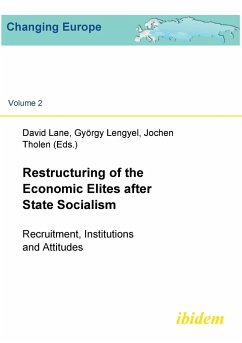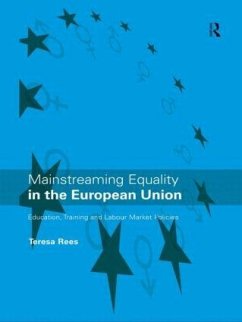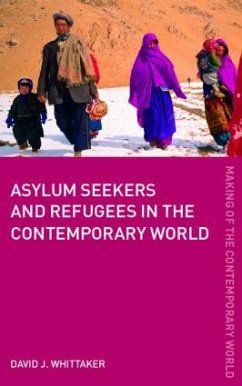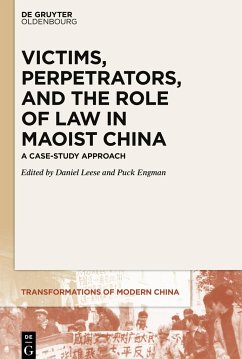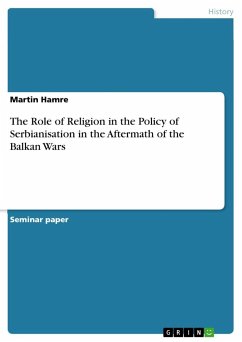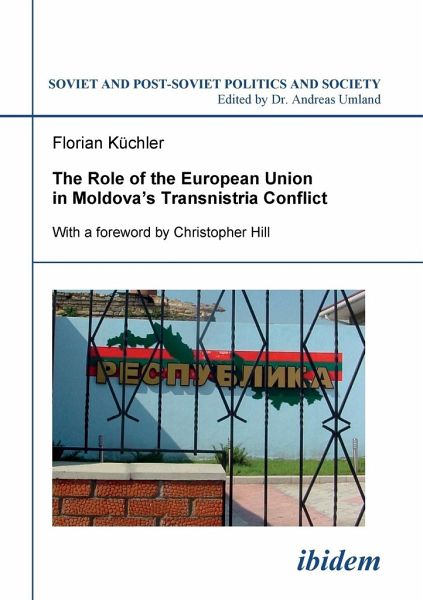
The Role of the European Union in Moldova's Transnistria Conflict.
Versandkostenfrei!
Versandfertig in 6-10 Tagen
24,90 €
inkl. MwSt.

PAYBACK Punkte
0 °P sammeln!
Since 1 January 2007, Moldova has been a direct neighbour of the European Union. Nonetheless, Moldova and the Russia-dominated geopolitics of the Black Sea region receive still relatively little attention in the West. This is all the more surprising as there remain a number of consequential political divisions and unresolved conflicts in the area. One of them is the Transnistria conflict in Moldova.This book is a contribution to the, so far, small research and policy agenda on Moldova, and includes findings of several research trips to Moldova, Transnistria and their neighbouring countries. At...
Since 1 January 2007, Moldova has been a direct neighbour of the European Union. Nonetheless, Moldova and the Russia-dominated geopolitics of the Black Sea region receive still relatively little attention in the West. This is all the more surprising as there remain a number of consequential political divisions and unresolved conflicts in the area. One of them is the Transnistria conflict in Moldova.
This book is a contribution to the, so far, small research and policy agenda on Moldova, and includes findings of several research trips to Moldova, Transnistria and their neighbouring countries. At first, the study reassesses the Transnistria conflict. Contrary to widely held assumptions, this conflict is found to be mainly based on a clash of elites and geopolitical interests rather than on ethnic tensions. The second part of the book analyses the interests, official position, actual impact and potential role of the EU in Moldova's internal separatist conflict and its related external tensions with Russia.
So far, the EU has had a limited involvement in the conflict resolution efforts and in the international relations of Moldova. This book concludes that it is becoming increasingly important and possible for the EU to get effectively involved in this region, but that the scope of EU activities in Moldova and Transnistria depends on the countrys relations with, and on the actions in this area of, the United States and Russia.
At its end, the study offers recommendations for future EU policies directed at Moldova.
This book is a contribution to the, so far, small research and policy agenda on Moldova, and includes findings of several research trips to Moldova, Transnistria and their neighbouring countries. At first, the study reassesses the Transnistria conflict. Contrary to widely held assumptions, this conflict is found to be mainly based on a clash of elites and geopolitical interests rather than on ethnic tensions. The second part of the book analyses the interests, official position, actual impact and potential role of the EU in Moldova's internal separatist conflict and its related external tensions with Russia.
So far, the EU has had a limited involvement in the conflict resolution efforts and in the international relations of Moldova. This book concludes that it is becoming increasingly important and possible for the EU to get effectively involved in this region, but that the scope of EU activities in Moldova and Transnistria depends on the countrys relations with, and on the actions in this area of, the United States and Russia.
At its end, the study offers recommendations for future EU policies directed at Moldova.




